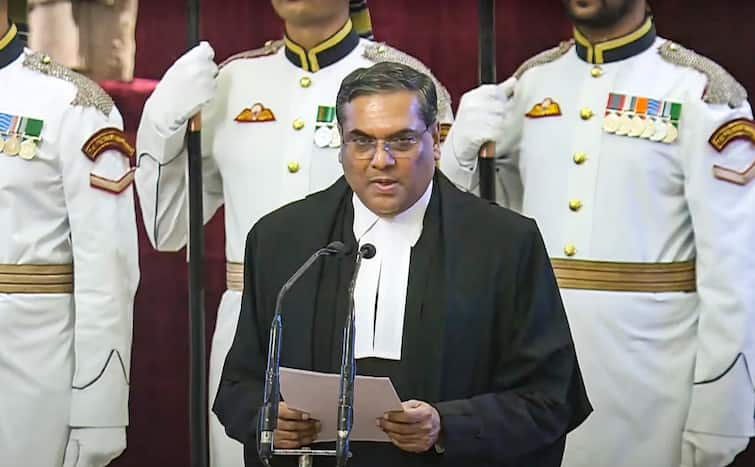The Indian judiciary, once considered the last bastion of justice, is now under a dark cloud of suspicion. The recent developments involving the Chief Justice of India (CJI) and the Supreme Court collegium have only fuelled concerns about the integrity of our judicial system. The transfer of a Delhi High Court judge, Justice Yashwant Verma—under whose roof a staggering Rs 15 crore in unaccounted cash was discovered after a fire—has raised serious questions. Instead of swift action, we saw a knee-jerk transfer order, setting off a firestorm of outrage. The Delhi Fire Services (DFS), following protocol, reported the cash discovery to the Supreme Court. Rather than ordering an immediate probe, CJI Sanjiv Khanna, heading the collegium, inexplicably transferred the judge to the Allahabad High Court. This brazen attempt to brush the matter under the carpet triggered an outcry from the Allahabad High Court Bar Association, which denounced the move as an assault on judicial integrity. As media scrutiny intensified, the CJI was forced into damage control, hurriedly announcing an in-camera inquiry—a move widely seen as a cover-up rather than a pursuit of justice. Senior advocate Harish Salve, an internationally respected legal luminary, did not mince words. While speaking to Republic TV’s Arnab Goswami, he subtly but unmistakably criticized the collegium’s mishandling of the situation. His comments underscored the growing unease within legal circles over the judiciary’s eroding credibility.

Meanwhile, the Bar Association of Ahmedabad High Court has further cornered the collegium, adding to the embarrassment. This judicial scandal has also reached the political corridors, with Congress leader Jairam Ramesh raising the issue in the Rajya Sabha. The discovery of such a massive sum in a judge’s residence should have immediately prompted a full-scale investigation by central agencies like the Enforcement Directorate (ED), Income Tax Department, or Central Bureau of Investigation (CBI). Instead, we witnessed an attempt to shield the accused through procedural gymnastics. The judiciary cannot operate in a vacuum, immune to scrutiny. The Indian Constitution grants Parliament the power to impeach judges, including the CJI, in cases of proven misconduct. This moment calls for bold intervention to restore faith in our courts. If an allegedly corrupt judge could have continued unscathed had there been no fire, one shudders to think how deep-rooted this malaise might be. The Modi government must act decisively—inaction would only confirm public fears that the rot runs too deep. Justice Sanjiv Khanna, set to retire on May 13, has already courted controversy with key verdicts, including the pre-election bail for Delhi’s former Chief Minister Arvind Kejriwal under the guise of the judicial doctrine that ‘bail is the rule, jail is the exception.’ This latest fiasco further stains his tenure. The judiciary is not above the law. If investigative agencies muster the courage to probe, we may uncover more skeletons in the closet. But will they dare? Or will this be another scandal that gets buried, with justice remaining an illusion? The Indian people are watching, and their patience is wearing thin.




